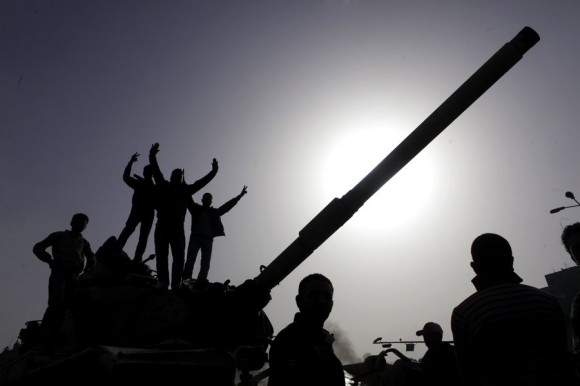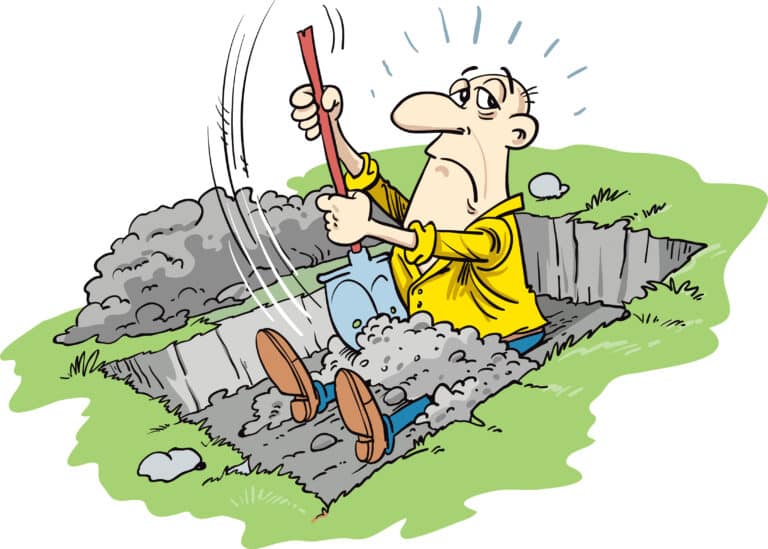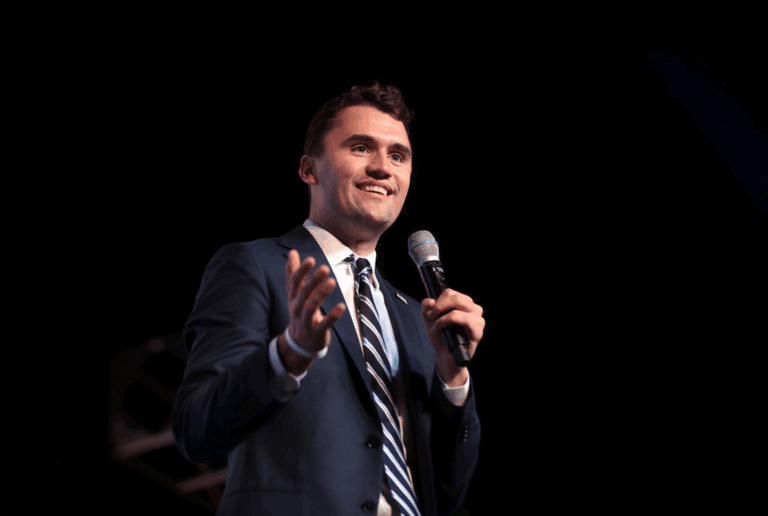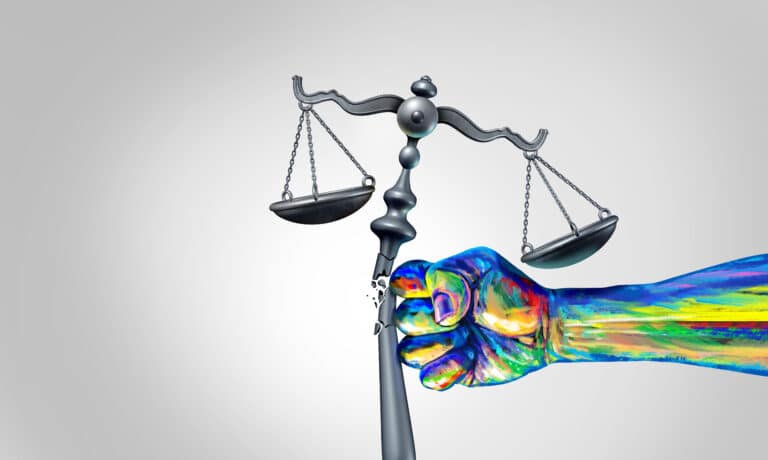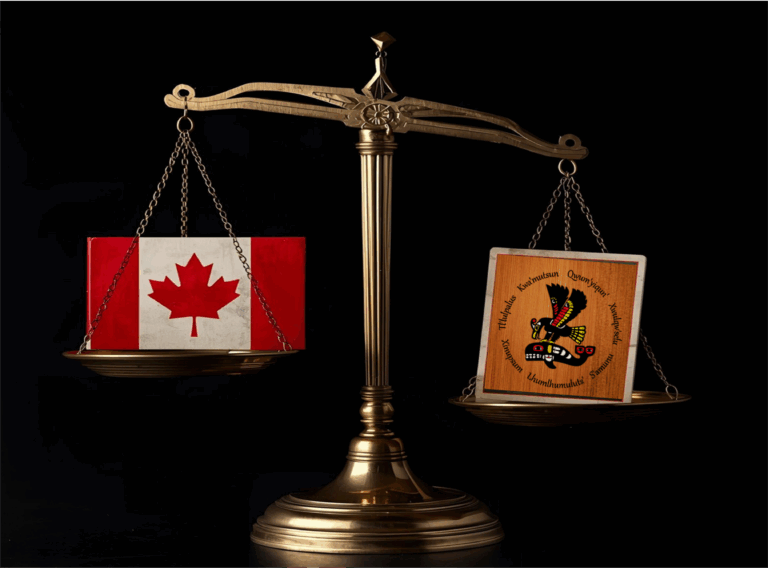The recent violence in the Gaza Strip with hundreds of rockets fired at Israel in the past two weeks and Israel, rightfully, responding with force, should be a reminder that much of the Western hopes for the “Arab spring” were based not on reality but in magical thinking.
To recap: Almost two years ago Mohammed Bouazizi, a food vendor in Sidi Bouzid, Tunisia, doused himself in gasoline and set himself alight. He was protesting harassment and humiliation by police and municipal officials who had confiscated his wheelbarrow filled with vegetables, which he had purchased on credit. He lacked a vendor’s permit and sufficient money to bribe them into leaving him alone. He died 18 days after the altercation and self-immolation.
Shortly after Bouazizi’s protest, the streets of Sidi Bouzid were filled with increasingly violent demonstrators. Over 5000 people attended his funeral; the riots escalated and grew more widespread, eventually engulfing the capital, Tunis. After having been refused entry to France, President Ben Ali found refuge in Saudi Arabia.
Despite suicide being forbidden by Muslims, Bouazizi quickly became a hero, an inspiration and, in the political if not the religious sense, a martyr. Within six months of his death over a hundred Tunisians had followed his example along with Algerians, Egyptians, and a single Saudi. The western media called the unrest that accompanied these acts the Arab Spring.
The standard narrative was that oppressive regimes from Morocco to Jordan had stifled democratic dissent. Street protesters, especially those speaking English in Cairo’s Tahrir Square, were the vanguard of a political uprising in favour of liberal democratic reform. If the people were supported by western democracies, the story went, the Middle East would be forever changed.
This narrative was mostly wishful thinking. Western media looked at the region and saw what they hoped for: a replay of the end of the Cold War in the lands formerly dominated by the Soviet Union. In so doing they neglected two of the most obvious differences between these two parts of the world.
First, with the possible exception of Poland, the states that replaced the Soviet empire were secular. Second, there was widespread agreement in central and Eastern Europe that Soviet domination was illegitimate and that the western European model of liberal democracy was desirable.
In the Middle East religious divisions and conflict are central, but more importantly, the regimes across the region were never imposed upon the people by an outside imperial power for its own geostrategic reasons.
To mention only the most obvious example, Nasser’s Egypt, Gadhafi’s Libya and Hafez el Assad’s Syria were all founded by nationalists motivated by anti-western and anti-imperialist sentiments. The regimes established by military coups from the 1950s to the 1970s were more secular than the corrupt religiously-connected ones they replaced, but they were hardly champions of free speech, the rule of law, and competing political parties.
The expectation of a democratic outcome reflects a well-known western myopia: we think that the world is following our lead and that every Tunisian or Syrian protester really longs for liberal democracy. In fact, political issues in every country in the world, whether Canada or Nepal or Egypt, are derived from the distinct historical past of each country.
Specifically, for many citizens, the army in Egypt, or Syria, or Libya was the source of order. It protected minorities—especially religious minorities—against the religious enthusiasms we now call Islamism. This is why the Copts in Egypt voted so heavily last spring for Ahmed Shafiq, a former air force commander under President Mubarak, and against the eventual winner, Mohammed Morsi, a member of the Islamist Muslim Brotherhood. It explains as well why the Alawites in Syria have so strongly supported the el Assad regime.
In short, the pleasing mythology of the Arab Spring initiated by Mohammed Bouazizi has now foundered on the reef of reality. Two years ago it was easy for Western elites and their media to flatter themselves and think it was all about resisting tyranny. Today we have to deal directly with economic stagnation, with a history of peoples with little experience with any form of government besides that of armed bureaucrats, and with divided, fractious, and often irrational religious traditions.
From the Maghreb to Iran, political order is in decay. Many countries cannot control their own borders, so they will be almost completely preoccupied with maintaining domestic order. Overcrowded cities saturated with social media promise to make mob violence endemic because rumours can blossom as outrage in a matter of hours.
That new reality may inspire a new realism. With all this instability and chaos, it is clear that the West is as incapable of shaping events as the besieged and struggling regimes that emerged from the Arab Spring.
But while the West cannot shape events, responses will, on occasion, be necessary. Israel, a proxy for the West and on Islam’s “bloody borders”—to borrow the Samuel Huntington phrase—is again dealing with the realities of that region. Israel has endured 12,700 rockets fired at it from Gaza since 2001. But it is now responding and must do so in ways that will be additionally unpleasing to Western elites still engaged in their magical, wishful unrealities.
~
Barry Cooper is a professor of Political Science at the University of Calgary and a Senior Fellow at the Canadian Defence and Foreign Affairs Institute.
